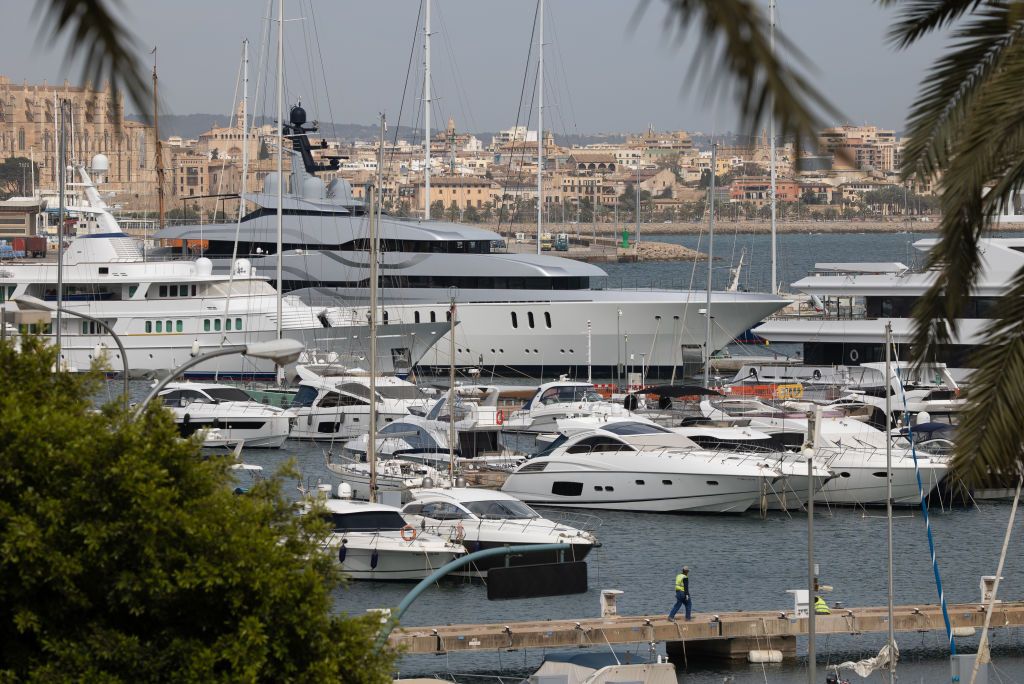Reuters: France, Germany reportedly oppose using bonds to maximize profits from frozen Russian assets

France, Germany, and other EU countries are reportedly opposed to a proposed plan of issuing bonds from profits stemming from frozen Russian assets, Reuters reported on March 22, citing unnamed diplomatic sources.
Western countries have immobilized around $300 billion of the Russian central bank's assets since the start of the full-scale invasion. Washington, Brussels, and Kyiv have long discussed legal ways of channeling these funds to aid Ukraine's reconstruction efforts.
The EU moved closer on March 21 to finalizing a plan to use 90% of the profits generated from the frozen funds to purchase weapons for Kyiv and allocate the remaining 10% to the EU budget to support Ukraine's defense industry. The proposed measure would allocate around 3 billion euros ($3.3 billion) to Ukraine per year.
A separate plan to further maximize profits from the frozen assets entailed the issuing of bonds. The plan was backed by the U.S., Belgium, and other countries but has met opposition from France and Germany, the EU's two biggest economies.
Belgian Prime Minister Alexander de Croo acknowledged that the plan may not be able to garner enough support.
"I understand that today it is maybe too early to do that," de Croo said.
"It's a Belgian test balloon ... The Belgians have floated it before, but it hasn't gotten much traction thus far," an unnamed diplomat said.
Another diplomat said that the U.S. was particularly pushing for the plan, in part to compensate for the ongoing delay in Congress over U.S. aid.
Still, de Croo did not rule out the plan being discussed in the future and vowed not to take it off the table.













